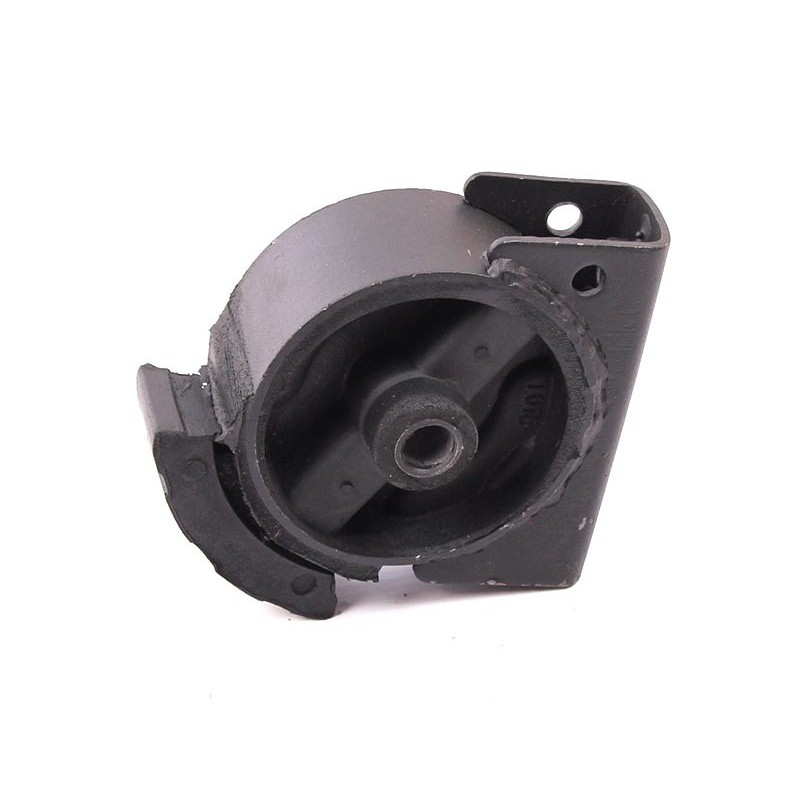Drive with Self-confidence: Toyota Tazz Engine for Sale, Genuine Components Only
Drive with Self-confidence: Toyota Tazz Engine for Sale, Genuine Components Only
Blog Article
Engine Purchasing Specialist Tips on Choosing the Right Engine for Your Particular Needs
Picking the ideal engine for your particular demands entails a complicated interaction of factors that go past plain horse power figures. By delving into the complexities of power versus performance, reviewing gas scores, and budgeting for long-term prices, one can genuinely optimize their engine selection.
Power Vs. Efficiency: Discovering the Equilibrium

When picking an engine, it is critical to strike an equilibrium between power and effectiveness to fulfill your particular needs efficiently. Power refers to the engine's capability to generate power for propulsion, establishing variables like velocity, towing capability, and overall efficiency (Toyota Tazz Engine For Sale). On the various other hand, performance relates to how well the engine uses gas to create power, impacting aspects such as gas economy and environmental kindness
Achieving the right balance between power and efficiency is important due to the fact that an engine that is also effective may eat extreme gas, resulting in higher operating costs and unneeded strain on the environment. Conversely, an engine that prioritizes effectiveness over power may result in slow performance, especially in requiring situations like hauling heavy lots or driving uphill.
To make an informed choice, consider aspects such as your typical driving conditions, the designated use the car, and your individual choices. By examining your demands and top priorities, you can select an engine that strikes the best equilibrium between power and efficiency, making certain optimal performance while lessening ecological impact and operating expense.
Comprehending Engine Dimension and Type

Common engine types consist of inline engines, V engines, and rotating engines, each with its distinct advantages and downsides. Recognizing the interaction between engine dimension and kind is crucial in choosing an engine that lines up with your particular requirements and priorities, whether it be power, performance, or an equilibrium of both.
Consider Your Automobile's Demands
If you are looking for an engine for a durable vehicle that will be made use of for towing, you will need an effective engine with high torque capacities. On the other hand, if you are choosing an engine for a compact car largely utilized for city commuting, fuel effectiveness may be a much more vital variable to take into consideration.

Examining Fuel Effectiveness Scores
Examining gas effectiveness ratings is a crucial facet of picking the appropriate engine for your lorry, making certain price financial savings and environmental sustainability. Fuel performance rankings, normally gauged in miles per gallon (MPG) for gas engines or kilowatt-hours per 100 miles (kWh/100 miles) for electric engines, show just how far a vehicle can take a trip on a certain amount of fuel or electricity. Greater MPG or lower kWh/100 miles values indicate a lot more efficient engines, equating to decreased gas expenses and lower carbon exhausts.
Additionally, contrast various engine options within the same lorry class to determine the most affordable choice. Aspects such as engine dimension, weight, aerodynamics, and crossbreed or electric abilities can all affect gas efficiency.
Budgeting for Long-Term Expenses
Purposefully preparing for long-lasting expenditures is critical when selecting an engine, ensuring financial sustainability over the vehicle's life-span. While the initial purchase rate of an engine is a substantial factor, it is essential to consider the long-lasting expenses associated with maintenance, repair work, and fuel consumption.
Furthermore, looking into the accessibility and price of replacement components for the selected engine is essential in spending plan planning. Engines with visit site affordable and readily available parts can considerably influence long-lasting upkeep expenditures. Additionally, thinking about the engine's sturdiness and expected life expectancy can help prevent unforeseen replacement prices in the future. By very carefully budgeting for these long-term expenditures and useful source factoring them into the decision-making process, individuals can pick an engine that not just fulfills their prompt demands yet also continues to be cost-efficient throughout its life-span.
Verdict
Finally, choosing the appropriate engine for your specific requirements requires stabilizing power and effectiveness, recognizing engine dimension and kind, considering your car's requirements, evaluating gas performance ratings, and budgeting for long-lasting prices. By meticulously taking into consideration these elements, you can make certain that you choose an engine that satisfies your needs and offers optimal efficiency for your car.
To further improve the choice process of an engine that strikes the optimal equilibrium in between power and performance, it is essential to dive right into the complexities of recognizing engine dimension and kind. Engine size refers to the complete volume of air and fuel that can be pushed via the engine cylinders. Typical engine types include inline engines, V engines, and rotating engines, each with its special advantages and downsides. Recognizing the interaction in between engine dimension and type is vital in selecting an engine that straightens with your certain requirements and concerns, whether it be power, effectiveness, or an equilibrium of both.
Fuel effectiveness scores, generally gauged in miles per gallon (MPG) for gasoline engines or kilowatt-hours per 100 miles (kWh/100 miles) for electrical engines, suggest how much an automobile can take a trip on a particular amount of fuel or electricity.
Report this page